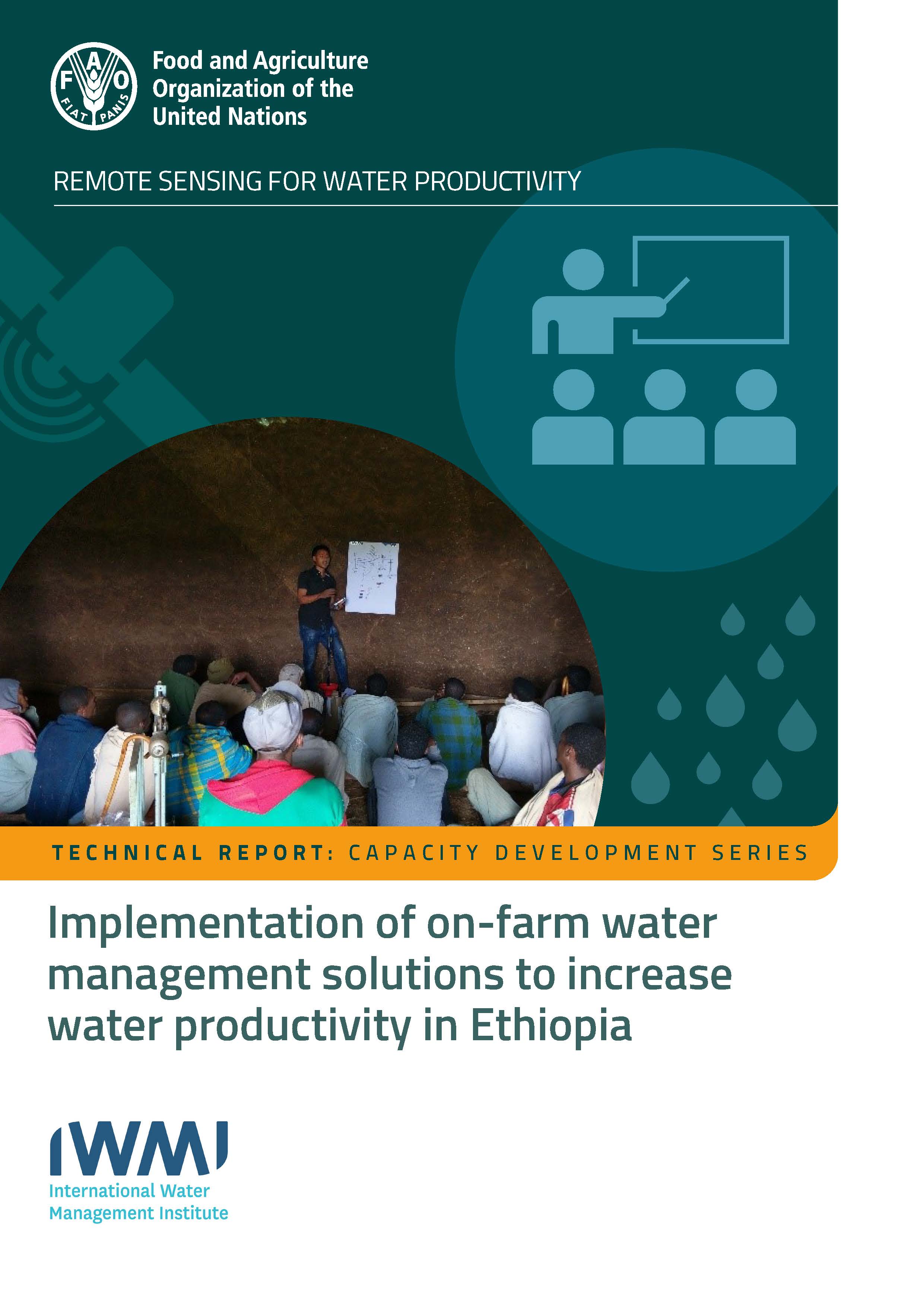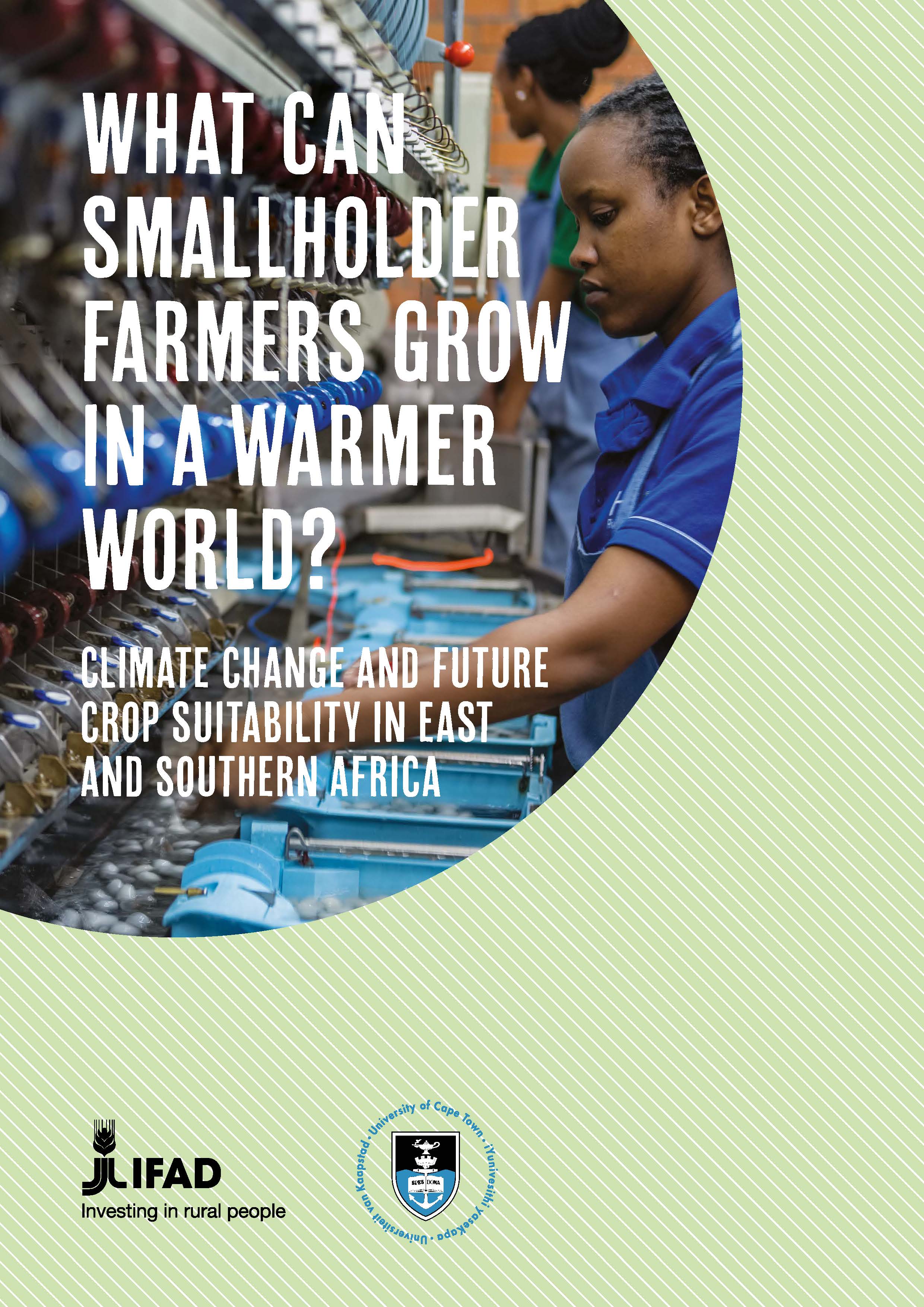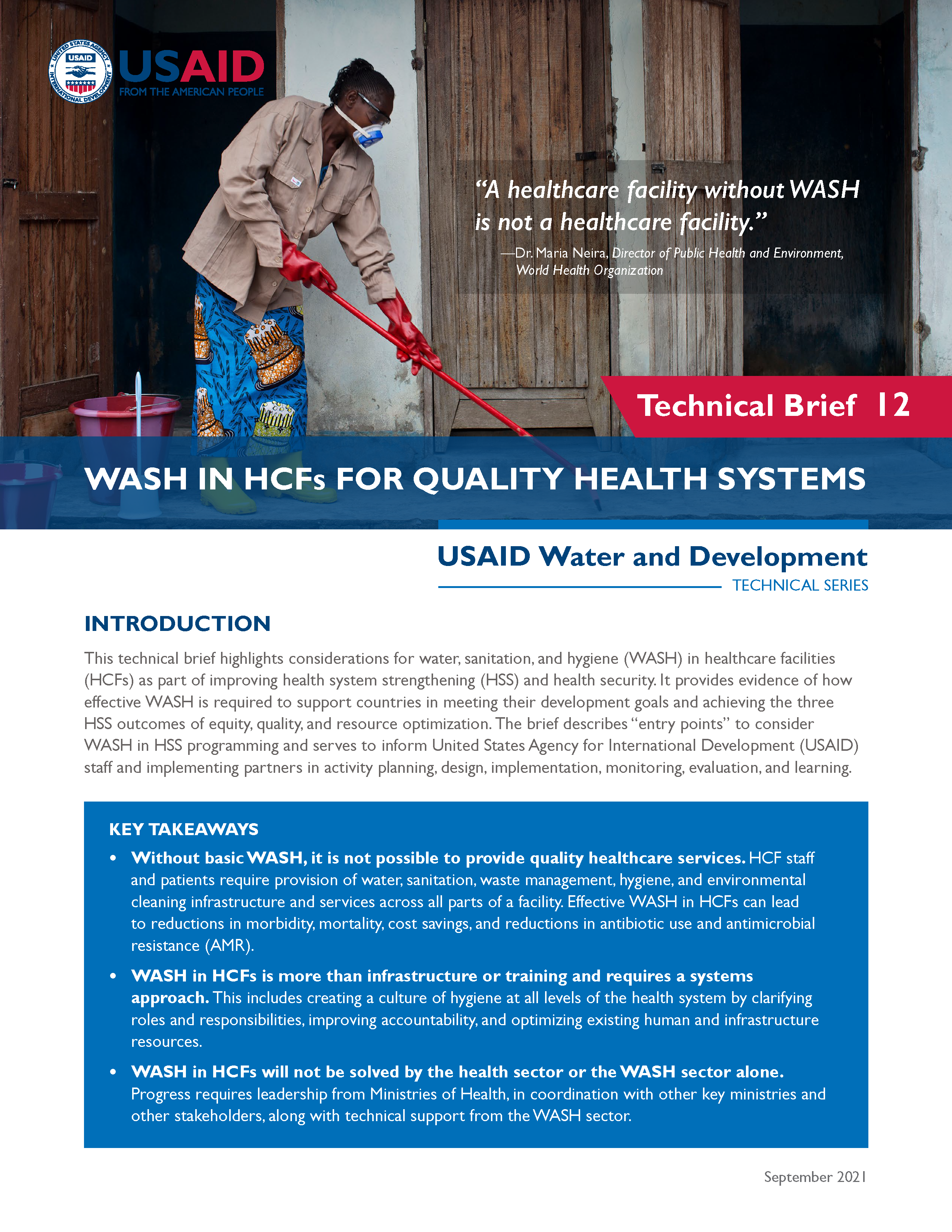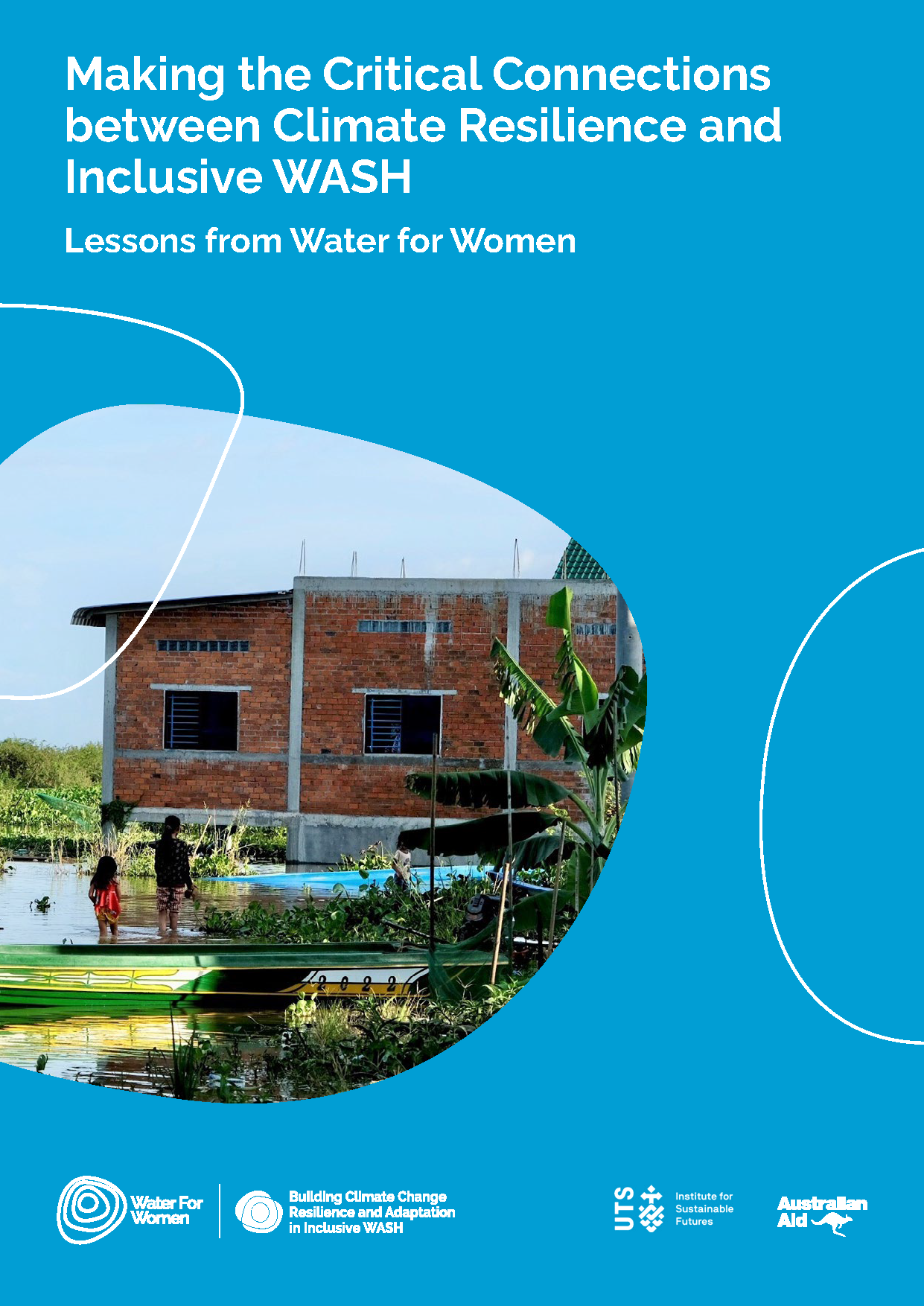Search Results

Implementation Of On-Farm Water Management Solutions To Increase Water Productivity In Ethiopia
Authors:
FAO
Sector Type:
Integrated Water Resource Management
Year Published:
2021
Catalyzing Adaptive and Resilient Food Systems Workshop
Climate change disasters threaten agricultural productivity, food stability, and rural community resilience around the world. This workshop brings together diverse perspectives, from climate scientists and social scientists to crop biologists and ecologists, to address the challenges and opportunities associated with developing climate adaptive and resilient food systems. The workshop will cover climate adaptation and mitigation synergies, managing risk interactions, operational responses to climate change, and strategies to enable justice in agricultural and food systems. Each session will engage science and policy experts from the field and will include interactive online participation from local and state governments, agricultural firms and commodityWomen’s And Girls’ Empowerment: Key To Equitable Food Systems In A Changing Climate?
Climate change affects women and men differently. Women are often stereotyped as victims of the impacts of climate change, but the root causes of gender inequalities that result in vulnerability are ignored. As we observe International Women's Day in March, join the CGIAR GENDER Platform for a side event to the Commission on the Status of Women ( CSW66) under the theme of climate change. The event will feature lessons from the field in Bangladesh and Zambia, and a discussion on the work of promoting gender equality to achieve climate-resilient, sustainable, and productive food systems for all.
Climate Change and Future Crop Suitability in East and Southern Africa
Authors:
IFAD
Sector Type:
Agriculture and Livelihoods |
Climate Smart Agriculture
Year Published:
2021
Training of Trainers Workshop: Designing Nutrition-Sensitive Agriculture Activities
USAID’s Bureau for Resilience and Food Security and USAID Advancing Nutrition are hosting a three-day Training of Trainers to support teams preparing to facilitate the Design Guide workshop. Created for facilitators who have an understanding of nutrition-sensitive agriculture, program design, and skills in workshop facilitation, the training will guide teams to design, implement, monitor, and manage agriculture-led economic growth activities for improved nutrition outcomes. Teams will receive an orientation to the Design Guide materials, an overview of best practices in peer-led facilitation, and the opportunity to practice facilitating critical sessions. The training will be held in person in Arlington, VAWebinar: Securing Gender Equality and a Nature Positive World
The loss of nature and climate change are having severe and lasting impacts on our environment and economic and social development, especially among the most vulnerable and marginalized populations. Being more dependent on the availability of natural resources, women and girls are increasingly being recognized as more susceptible to the impacts of climate change and nature loss than men. In addition, they have often been subject to harmful social and gender norms, and their crucial role in natural resource management has often been overlooked. Join this webinar to find out how a nature-positive world can help achieve gender equality, social
WASH In Healthcare Facilities For Quality Health Systems
Authors:
USAID
Sector Type:
Water, Sanitation, and Hygiene
Year Published:
2021

Making the Critical Connections between Climate Resilience and Inclusive WASH
Authors:
Water for Women
Sector Type:
Water, Sanitation, and Hygiene
Year Published:
2021